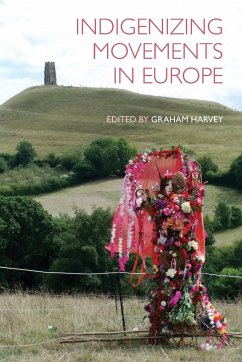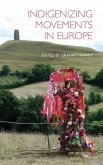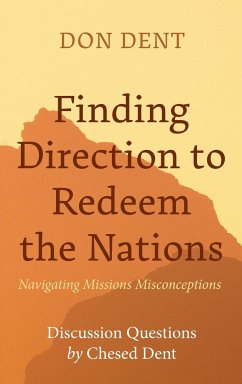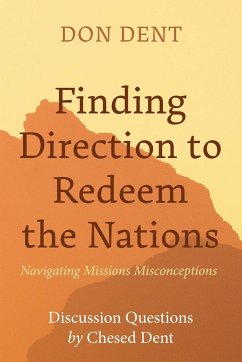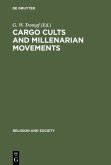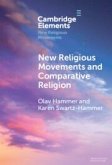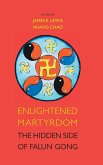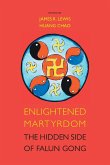Since the mid-twentieth century, religious movements identifying themselves as Paganism, shamanism, native faiths and others have experimented with two forms of indigeneity. One arises from claims to be reviving or re-presenting previously hidden religious practices from ancestral or pre-Christian times. The other form of indigeneity is found in lessons learnt (directly or indirectly) from Indigenous peoples (especially Native Americans and/or Siberians).The book aims to enhance understanding and enrich debate not only about evolving European movements but also about the concept and practice of Indigeneity, indigenizing and of scholarly practices in relation to such phenomena.Since the mid-twentieth century, religious movements identifying themselves as Paganism, shamanism, native faiths and others have experimented with two forms of indigeneity. One arises from claims to be reviving or re-presenting previously hidden religious practices from ancestral or pre-Christian times. The other form of indigeneity is found in lessons learnt (directly or indirectly) from Indigenous peoples (especially Native Americans and/or Siberians).The book aims to enhance understanding and enrich debate not only about evolving European movements but also about the concept and practice of Indigeneity, indigenizing and of scholarly practices in relation to such phenomena.
Bitte wählen Sie Ihr Anliegen aus.
Rechnungen
Retourenschein anfordern
Bestellstatus
Storno

